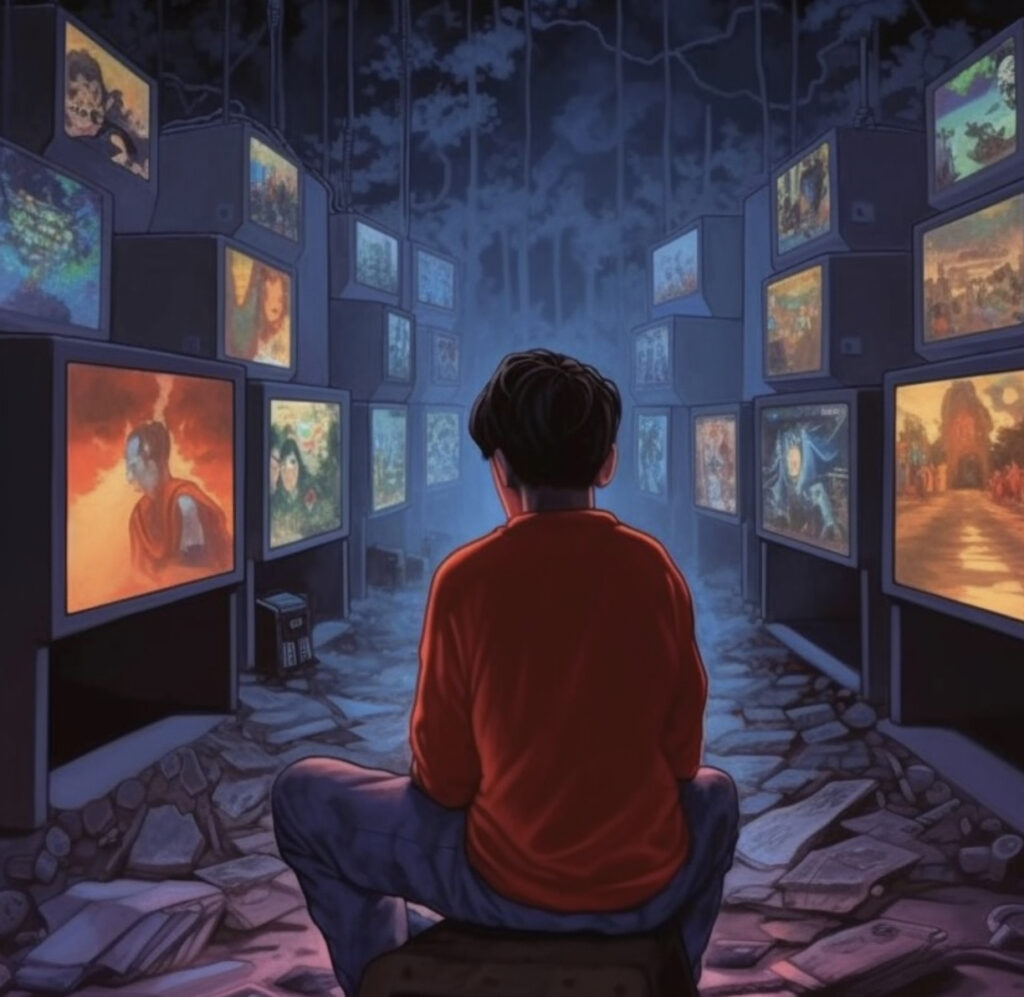Introduction
In the contemporary era, we find ourselves situated within a paradox. The United States, hailed as the number one country globally, is experiencing unparalleled prosperity. Despite this, there is a palpable decline in overall happiness, which seems incongruous with the abundance surrounding us. Many have begun to reflect on this phenomenon, pondering why, with more material wealth and higher incomes than previous generations, our satisfaction with life appears to be dwindling. In this article, we delve into this complex issue, exploring the rise of selfishness and its implications on our collective well-being.
The Shift Towards Materialism
As we assess the landscape of modern society, it becomes evident that there has been a significant shift towards materialism. In his book “The High Price of Materialism,” Tim Kasser articulates how this relentless pursuit of material wealth can erode our well-being. Our fixation on acquiring more has led to a culture where success is often measured by financial prosperity, neglecting the importance of intrinsic values.
The Role of Technology
The advent of technology, particularly social media, has played a crucial role in amplifying our self-centered tendencies. In “The Narcissism Epidemic: Living in the Age of Entitlement,” authors Jean M. Twenge and W. Keith Campbell discuss how social media platforms have become breeding grounds for narcissistic behavior, promoting a culture of comparison and constant self-promotion.
The Erosion of Community and Connection
This increased focus on the self has led to the erosion of community and meaningful connections. In “Bowling Alone: The Collapse and Revival of American Community,” Robert D. Putnam explores the decline of social capital and how our disconnection from one another contributes to a sense of unhappiness and dissatisfaction. The strong sense of community and belonging that our parents and grandparents experienced is diminishing, replaced by a culture of individualism.
Reflecting with Di Tran
In a candid conversation with Di Tran, a successful entrepreneur, we gain insights into how one can navigate this complex landscape. Tran emphasizes the importance of balance, advocating for a life that values both personal success and community engagement. He reflects on his journey, acknowledging that his happiness stems from a combination of achieving his goals and contributing to the well-being of others.
Conclusion
As we grapple with the reality of our times, it becomes clear that the pursuit of material wealth at the expense of meaningful connections and community engagement is a recipe for dissatisfaction. To counteract this trend, there is a need for introspection and a recalibration of our values. By fostering a culture that values empathy, community, and intrinsic satisfaction, we may find our way back to a state of well-being, transcending the paradox of prosperity and selfishness.
This article serves as a starting point for a broader conversation on how we can create a more balanced and fulfilling life in the face of rising prosperity and individualism. The challenge lies in our hands, and it is up to us to navigate this complex terrain, seeking fulfillment beyond material wealth.





